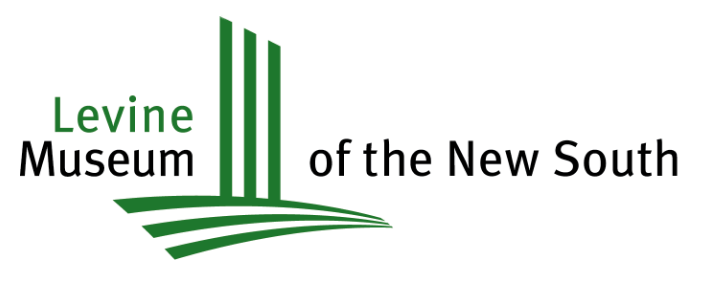These petitions were submitted by Abraham Jones (also called the petitioner below), a free person of color in Anson County, North Carolina, who purchased the woman who became his wife and with whom he had several children. In the petitions he requests on the occasion of his death that his wife and children are not sold into slavery and allowed to be free. The records for both separately dated petitions state his request was rejected. The content included in this source may be disturbing to some readers.
November 24, 1794
Abraham Jones, a free “mix[ed] Blooded man,” avows that “about forty years past he purchased a Certain Woman of Col[ou]r by the name of Lydia of one John Westerfield & paid honestly for her & hath Since had Six Children by said Woman.” Jones expresses “very great uneasyness” concerning the possibility that “when your Petitioner d[i]ed his Wife & Children woud be Slave.” He therefore prays that “your Honourable Body Will take my Case into your Consideration & give your Petitioner Such Relief as in your Wisdom shall seam meet.” Twenty-nine subscribers attest that Jones “hath always behaved himself as a man of C[o]l[ou]r ought to do & further supports the c[h]ar[a]cter of an honest Industr[i]ous man & think his case to be [heard] and ought to be Redres[sed] by passing a law of Liberation.
January 8, 1795
Abraham Jones, a free person of color, discloses that he “labours under the unhappy disadvantage of having Seven children by a woman Slave formerly the property of one Westerfield, with whom he has intermarried, and who he has since bought and purchased as his own property.” Jones is fearful that his said children “are in danger of being continued in bondage or may be after your petitioner’s death without some legal provision made in their favour by the General Assembly.” He therefore prays that his seven children “to wit; Isaac Jones, Jacob Jones, Susanna Jones, John Jones, Abraham Jones, Thomas Jones, and Lewis Jones may be emancipated and from henceforth enjoy the protection and benefits of the laws and constitution of this State, in the same manner as others of their colour who were born free.
_________________________________________________________________________________________
Citation: General Assembly, “Session Records. Session of November 1794-February 1795: House Bills: January 16,” and “Petitions (Emancipation).” North Carolina Department of Archives and History. https://digital.ncdcr.gov/Documents/Detail/session-of-november-1794-february-1795-house-bills-january-16/689353 and https://digital.ncdcr.gov/Documents/Detail/session-of-november-1794-february-1795-petitions-emancipation/832028. Accessed 27 November 2023.
Questions
- Why might the first petition have included that Jones “hath always behaved himself as a man of Colour ought to do & further supports the character of an honest Industrious man”?
- Explain what the second petition means by stating Jones is disadvantaged by having seven children with his wife.
- Based on Abraham Jones’s story, what conclusions can you make about what life may have been like for enslaved people during Thomas Polk’s time?
Vocabulary
Avows: swears something is true
Hath: has
Honourable Body: officials he is submitting the petition to
Subscribers: people who support his petition
Industrious: hardworking
Redressed: repaired or set right
Law of Liberation: make someone legally free
Discloses: reveals information
Bondage: slavery
To wit: that is to say (used before describing something more precisely)
Emancipated: made legally free
Henceforth: going forward





